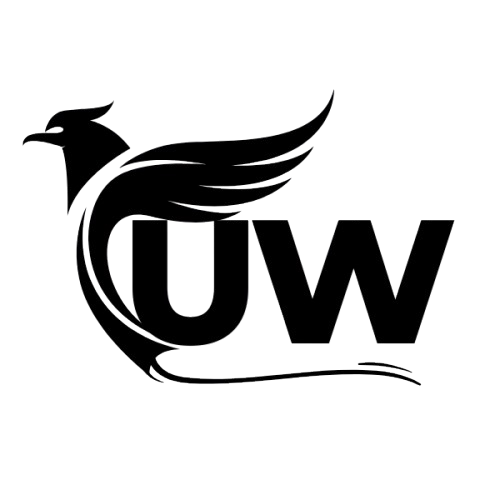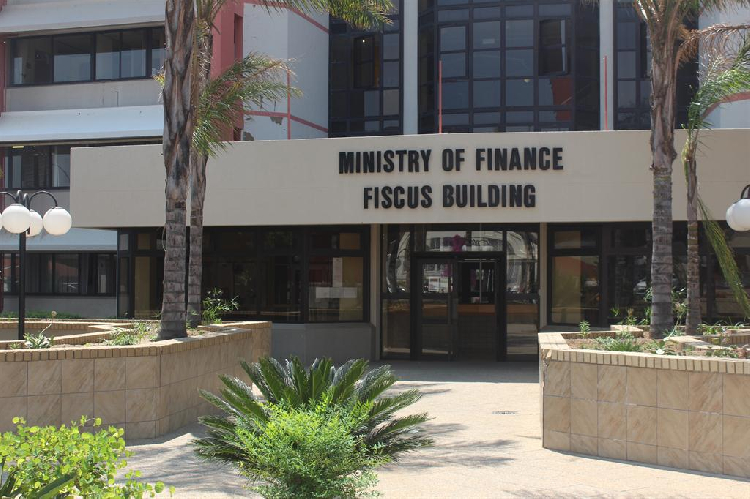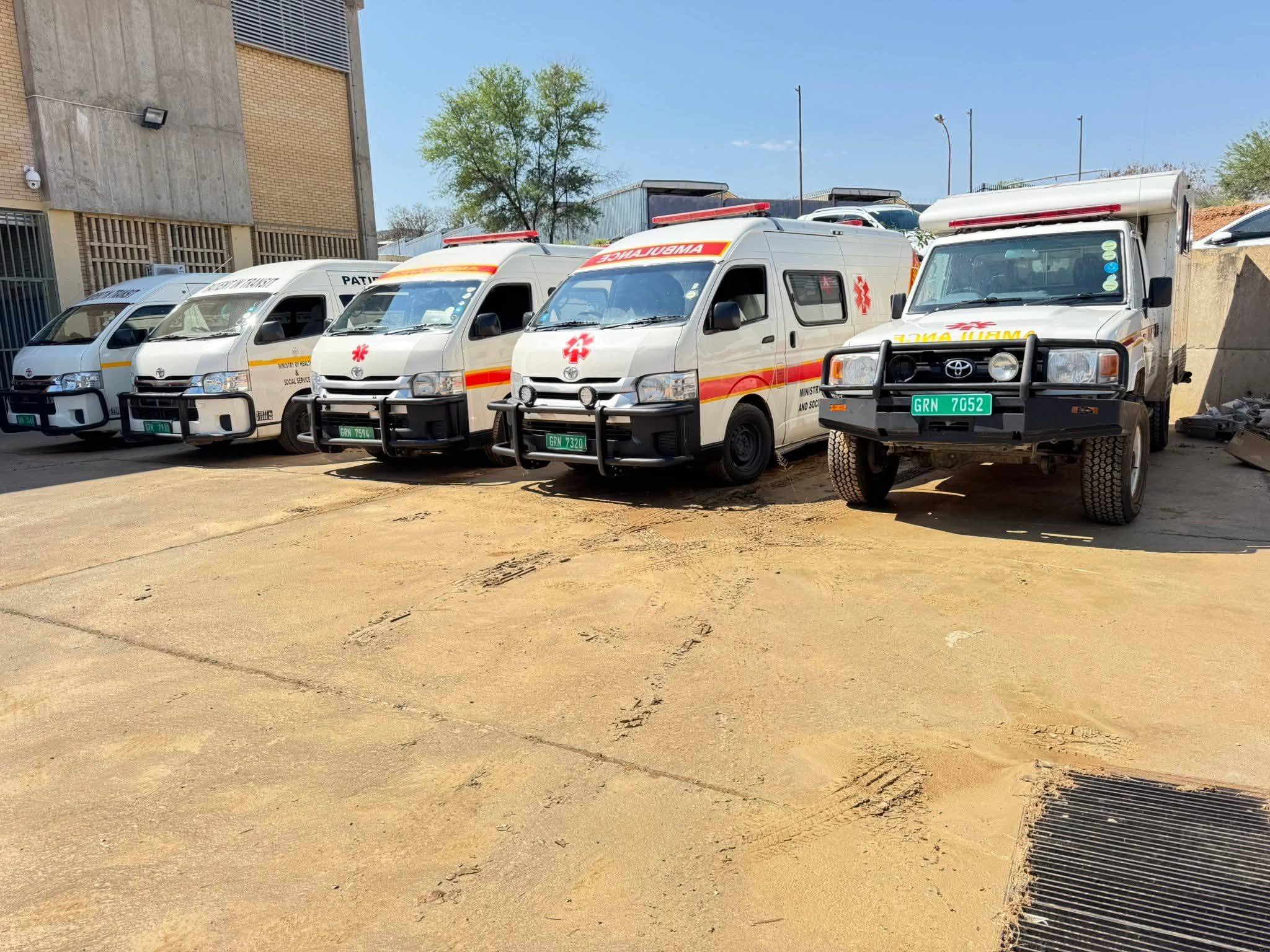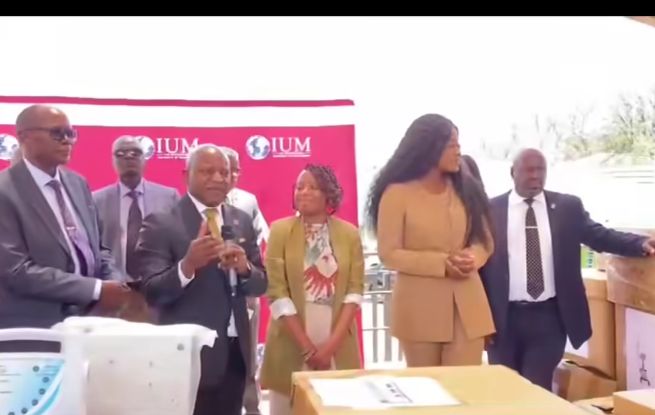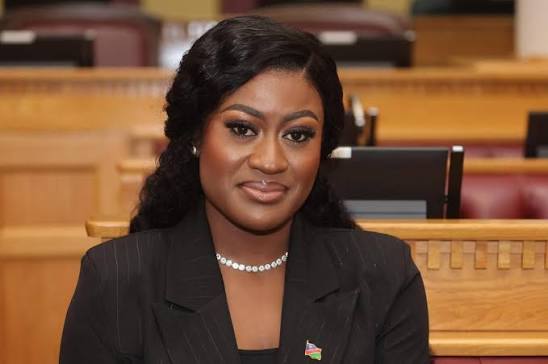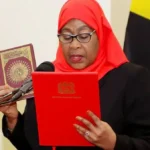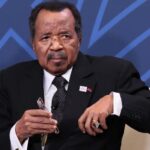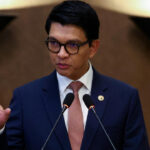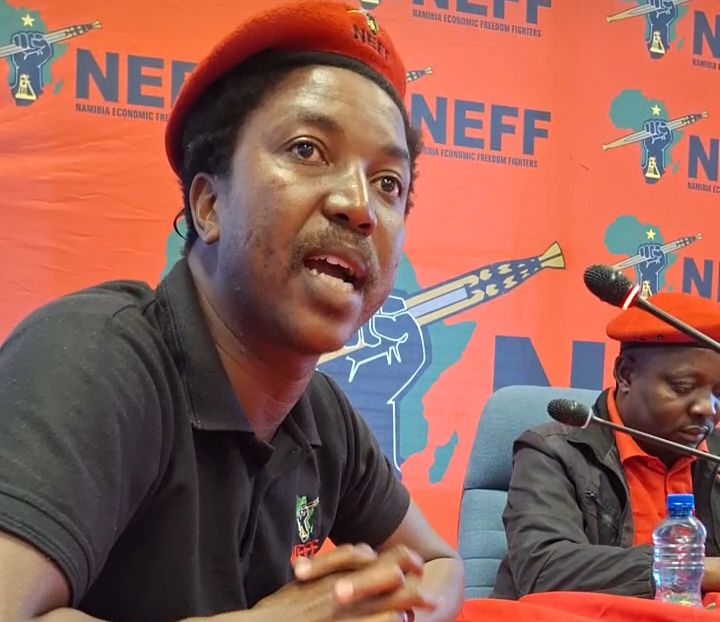
Namibia could face youth-driven unrest similar to protests witnessed in Madagascar and Tanzania if government fails to fully implement its promised free education plan, political activist and NEFF member Michael Amushelelo has cautioned.
Speaking in NEFF press briefing, Amushelelo argued that Namibia has enough natural resources to fund universal free education, insisting that just one major mine could finance not only free tertiary education but also housing and improved living standards for citizens.
“We can use our resources to do it. One mine can fund all free education and even free houses for our people,” he said, accusing those in power of benefiting from national resources at the expense of the nation. “The problem is not lack of resources, but leaders with kapunda, who use wealth for themselves.”
His remarks come in response to recent comments by President Netumbo Nandi-Ndaitwah, who clarified that Namibia is not a welfare state, saying government’s support for tertiary education will be targeted and based on financial need.
The President was speaking during the Youth in Conversation with the President – The People’s Parliament engagement at the Ondangwa Trade Fair Hall on Saturday. She reiterated that government remains committed to ensuring no student is denied higher education due to financial constraints, but stressed that assistance will be strictly for those who genuinely need it.
“We know our social status in this country. Such people and their children will not be denied access to further education,” she said to applause, adding that funding will apply only to full-time students.
Her remarks have sparked public debate as they appear to differ from her maiden State of the Nation Address in March 2025, where she announced that from the 2026 academic year government would fully subsidise tertiary education at public universities and vocational centres, covering all registration and tuition fees.
While government maintains that Namibia will not adopt a blanket welfare approach, many citizens and youth activists continue to push for a universal free education model, arguing that it remains key to addressing inequality and unemployment.

